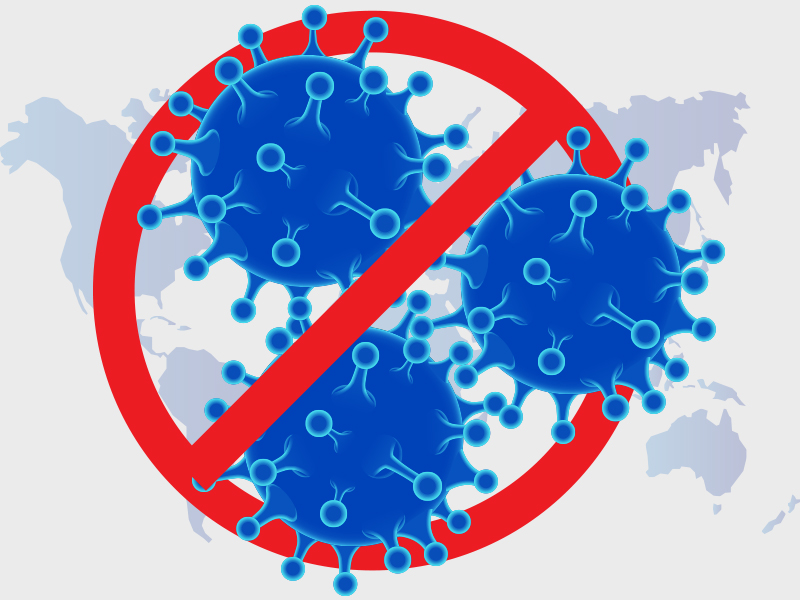"This program builds on the results of the ADB-supported Sustained Private Sector-Led Growth Reform Program which helped the Government of Fiji create an environment where the private sector can thrive and drive economic growth through investment," said Regional Director of ADB’s Pacific Subregional Office in Fiji Aaron Batten in a press release on Friday.
"As well as breaking down barriers to private sector investment, this new program will support government reforms to build resilience, including the implementation of Fiji’s Climate Change Act, which is among the world’s most comprehensive pieces of climate legislation," Batten added.
The Sustainable and Resilient Recovery Program comprises a $60 million policy-based concessional loan and a $90 million policy-based regular loan.
"The COVID-19 public health emergency and its ensuing humanitarian and economic fallout offered us a glimpse of what the global climate change emergency can become if left unchecked. From early in the pandemic, the Fijian government has focused on a green-blue recovery because we knew there was no alternative," said Fiji’s Attorney General and Minister for Economy Aiyaz Sayed-Khaiyum.
"Through ADB’s support here today, we can continue to strengthen Fiji’s macroeconomic stability, improve access to financing for smaller businesses, and build economic confidence, thereby providing the private sector with the best possible business environment in which to lead economic growth, Sayed-Khaiyum stated.
Bolstering Resilience
Sayed-Khaiyum added that the ADB loan will allow the government to continue investing in innovative opportunities benefiting women, youth, the poor, and other vulnerable segments of the population.The program will bolster fiscal resilience by strengthening public financial management and debt management, community resilience through inclusive public spending and sustainable access to basic services, and private sector resilience by supporting businesses.
To improve access to finance for businesses, the government strengthened regulations on issuing corporate bonds and is working on new legislation to make it easier for small and medium enterprises to raise capital. To support women, the poor, and vulnerable segments of the population, the government has launched new parametric microinsurance products, and has strengthened policies on water and sanitation in rural communities.
The program is cofinanced by the governments of Australia and New Zealand and the Japan International Cooperation Agency. It has benefited from advisory work by the European Union, the International Monetary Fund and its Pacific Financial Technical Assistance Centre, and the World Bank.
Cek Berita dan Artikel yang lain di Google News



















